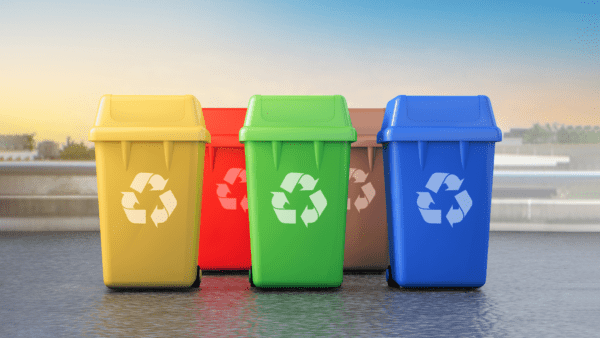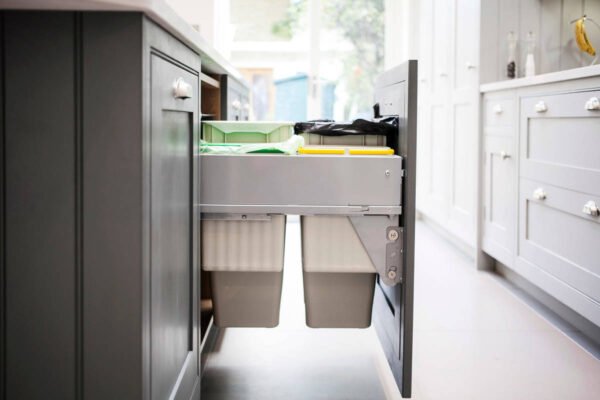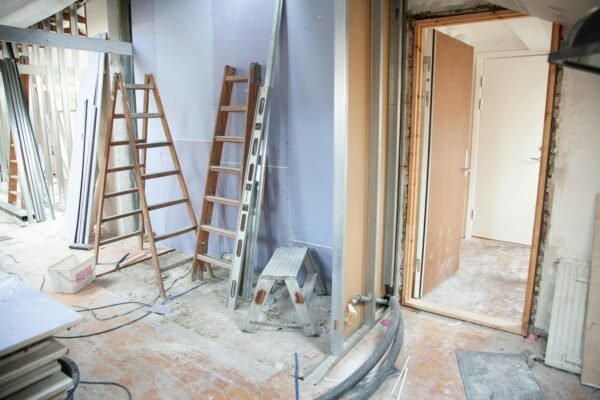
How to Organize Your Waste Removal Process for Maximum Efficiency

When it comes to waste removal, whether you’re handling a construction project, decluttering your home, or managing the cleanup of a business, efficiency is key. The last thing you want is to waste time or resources trying to figure out the logistics. So, how do you streamline your waste removal process to save time, money, and effort?
1. Renting a Dumpster – The Most Efficient Way to Handle Large Loads
If you’re dealing with significant amounts of waste, renting a dumpster is probably your best option for waste removal made easy. It allows you to easily dispose of large quantities of debris without running around trying to find a place to drop it off.
First, figure out what size dumpster you need. For small home projects like cleaning out the garage or getting rid of old furniture, a 10-15 yard dumpster should suffice. But if you’re handling a larger project, like a renovation or construction job, you might need something bigger.
Next, think about the type of waste you’re disposing of. Some dumpster rental companies have restrictions on hazardous materials, like chemicals or certain electronics. Make sure to confirm this with the provider before you start filling the dumpster.
Renting a dumpster can also save you the hassle of multiple trips to the local landfill or recycling center!
2. Scheduling Waste Removal in Advance
Waiting until the last minute to schedule waste removal can lead to unnecessary delays. You might find yourself scrambling for a dumpster rental or worrying about how to get rid of everything before your project deadline. Avoid this stress by planning your waste removal needs in advance.
When you know your project’s timeline, you can schedule the dumpster rental or waste pickup accordingly. This proactive approach not only helps you stay organized, but it also gives you time to prepare your space and sort through what you’re getting rid of.
3. Sort Your Waste to Maximize Efficiency
Not all waste is created equal, and sorting it can make a huge difference in how quickly and easily it’s disposed of. By separating recyclables, hazardous waste, and general trash, you can reduce the amount of time spent at the dump and ensure that each item is handled appropriately.
Start by designating separate areas for each type of waste. For example, cardboard and plastic can usually go in the recycling bin, while hazardous materials like batteries or certain chemicals may require special disposal methods. If you’re unsure about what can and can’t be recycled, your local recycling center will have guidelines.
4. Use Waste Removal Services for Specialized Needs
Not all waste removal jobs are the same. Some projects, like a home renovation, may require a simple dumpster rental. But others might require specialized waste removal services. For example, electronic waste, construction debris, or hazardous materials need to be handled with care.
If you’re dealing with something like electronics, make sure to hire a company that specializes in e-waste disposal. Similarly, for large-scale construction or industrial projects, you might need a waste removal service that can handle things like concrete, metal, or asbestos.
By choosing a service that’s tailored to your specific waste removal needs, you’ll ensure the job is done efficiently and safely. Not only will this help your project move forward without delays, but it will also help protect the environment by ensuring proper disposal practices.
5. Keep Track of Waste Removal Costs
The costs of waste removal can quickly add up, especially if you’re renting a dumpster for an extended period or dealing with specialized waste. To avoid surprises, it’s important to keep track of your expenses.
Most dumpster rental companies will offer a flat-rate price for a set amount of time and space, but there may be extra charges if you go over the allotted limit. Keep an eye on the weight limit, as dumpsters are often priced based on the weight of the waste you’re disposing of. If you’re unsure about what you’re dealing with, get a rough estimate of the weight before committing.
6. Educate Your Team or Family on Proper Waste Disposal
If you’re working with a team or have family members helping out with a project, it’s crucial to educate everyone on proper waste disposal procedures. Ensure that everyone knows where to put specific items and understands the importance of sorting waste.
If you’re handling a large-scale project, assigning tasks related to waste removal can help keep things running smoothly. For example, designate one person to focus on recyclable materials, another on hazardous waste, and so on. This will make the overall process more streamlined and help avoid confusion during the cleanup phase.
7. Don’t Forget About Post-Project Cleanup
Once your project is complete, it’s easy to forget about the final stages of waste removal. However, making sure your space is properly cleaned up should be one of your last steps. If you’ve rented a dumpster, the company will handle hauling it away, but you should still check your space for any leftover waste. It’s always good practice to do a final sweep to make sure everything is cleared out, and nothing has been overlooked.
Maximizing Efficiency Starts with Planning Ahead
Organizing your waste removal process doesn’t have to be complicated. By planning ahead, renting the right-sized dumpster, sorting your waste, and keeping track of costs, you can ensure a smoother, more efficient process. Waste removal doesn’t have to be a headache, but it does require some thoughtful planning.












































